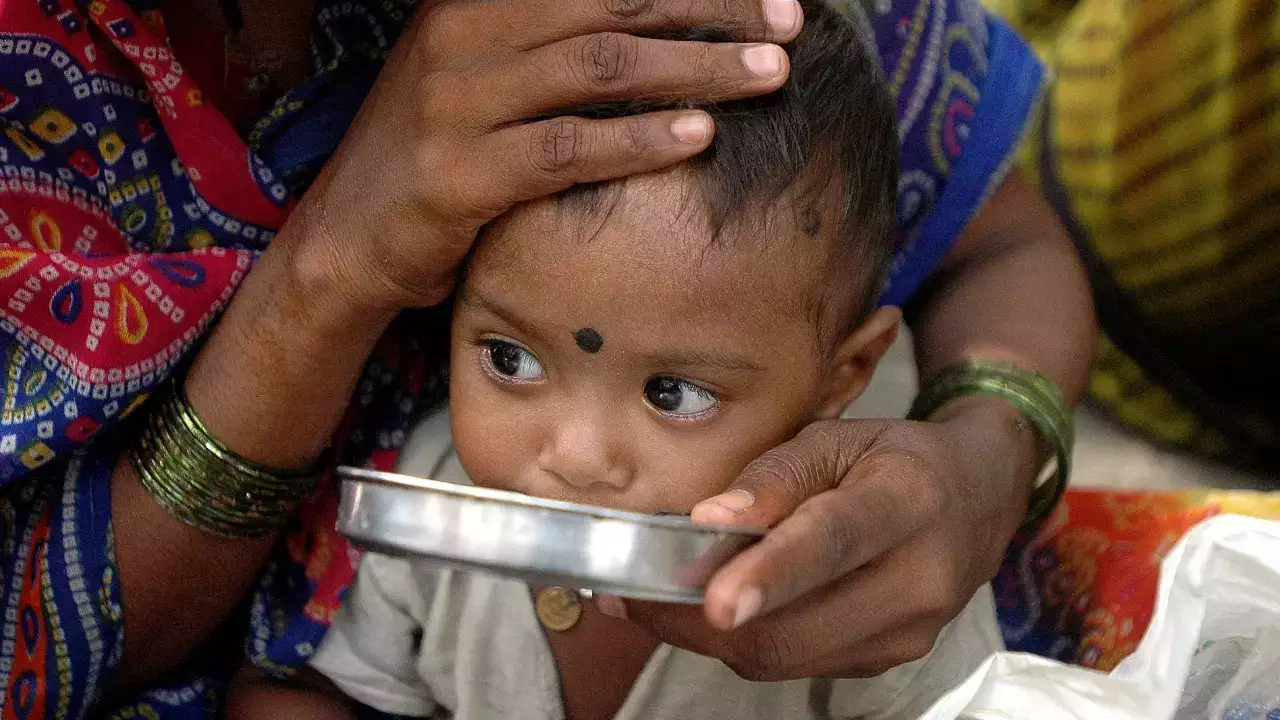Malnutrition, a broad term encompassing deficiencies, excesses, or imbalances in a person’s nutrient intake, is a significant global health challenge affecting individuals across all ages and socioeconomic backgrounds. While often associated with undernutrition, particularly in under-resourced communities, it also encompasses overnutrition and related chronic diseases.
Undernutrition: Characterized by a lack of essential nutrients, undernutrition has several forms:
- Wasting: Low weight for height, often indicating recent and severe nutrient deficiencies.
- Stunting: Low height for age, reflecting chronic undernutrition during early childhood, impacting growth and development.
- Underweight: Low weight for age, a general indicator of insufficient nutrient intake.
Micronutrient deficiencies, such as a lack of iron, vitamin A, or iodine, are also prevalent, causing various health problems. Undernutrition weakens the immune system, increasing susceptibility to infections, while hindering physical and cognitive development, perpetuating a cycle of poverty and ill health.
Causes of Undernutrition:
- Poverty: Limited access to diverse, nutritious foods due to financial constraints.
- Food insecurity: Insufficient availability of food due to factors like war, climate change, or economic instability.
- Inadequate infant and young child feeding practices: Lack of breastfeeding, inappropriate complementary feeding, and poor hygiene contributing to malnutrition.
- Underlying health conditions: Diarrheal diseases, parasitic infections, and chronic illnesses like HIV/AIDS can further worsen nutritional status.
Overnutrition and Related Diseases: On the other hand, overnutrition, characterized by excessive intake of calories and specific nutrients, is also a growing concern. This includes:
- Overweight and obesity: Defined by abnormal or excessive body fat accumulation, with serious health consequences like heart disease, diabetes, and some cancers.
- Diet-related noncommunicable diseases: Chronic diseases like heart disease, stroke, diabetes, and some cancers, significantly influenced by unhealthy dietary patterns high in processed foods, sugar, unhealthy fats, and low in fruits, vegetables, and whole grains.
Consequences of Malnutrition: Malnutrition, in all its forms, has far-reaching consequences:
- Increased mortality: Undernutrition is a significant contributor to child mortality, particularly in developing countries.
- Impaired development: Malnutrition during critical developmental periods can lead to stunted growth, cognitive deficits, and decreased learning potential.
- Reduced work capacity and productivity: Malnutrition can negatively impact physical strength, stamina, and overall well-being, hindering an individual’s ability to work and contribute to the economy.
- Increased risk of chronic diseases: Overnutrition and unhealthy dietary patterns are major risk factors for chronic diseases, placing a significant burden on healthcare systems.
Addressing Malnutrition: Addressing malnutrition requires a multi-pronged approach:
- Promoting food security and access to nutritious food: Investments in sustainable agriculture, social safety nets, and food distribution programs are crucial.
- Encouraging healthy dietary practices: Public education campaigns and interventions promoting breastfeeding, balanced diets, and healthy food choices are essential.
- Improving healthcare systems: Providing access to primary healthcare, including nutritional assessments, treatment for underlying health conditions, and micronutrient supplementation, is crucial.
Conclusion: Malnutrition remains a complex and multifaceted challenge demanding global attention. By addressing the underlying causes, promoting healthy eating habits, and ensuring access to nutritious food for all, we can work towards a world free from both undernutrition and overnutrition, fostering a healthier and more sustainable future.















